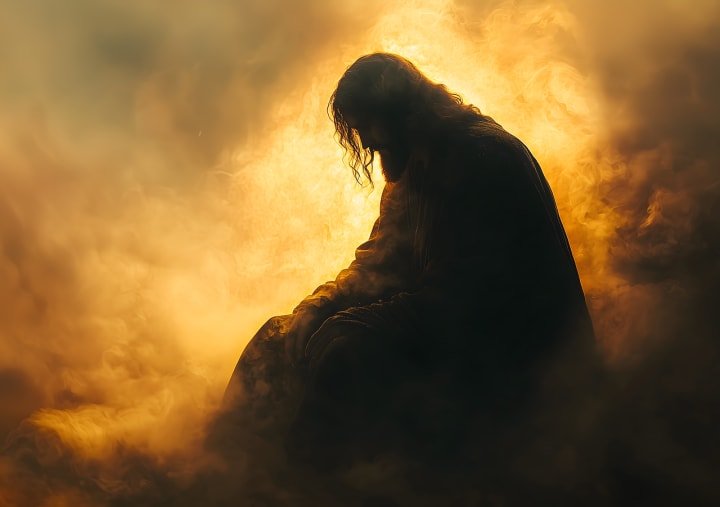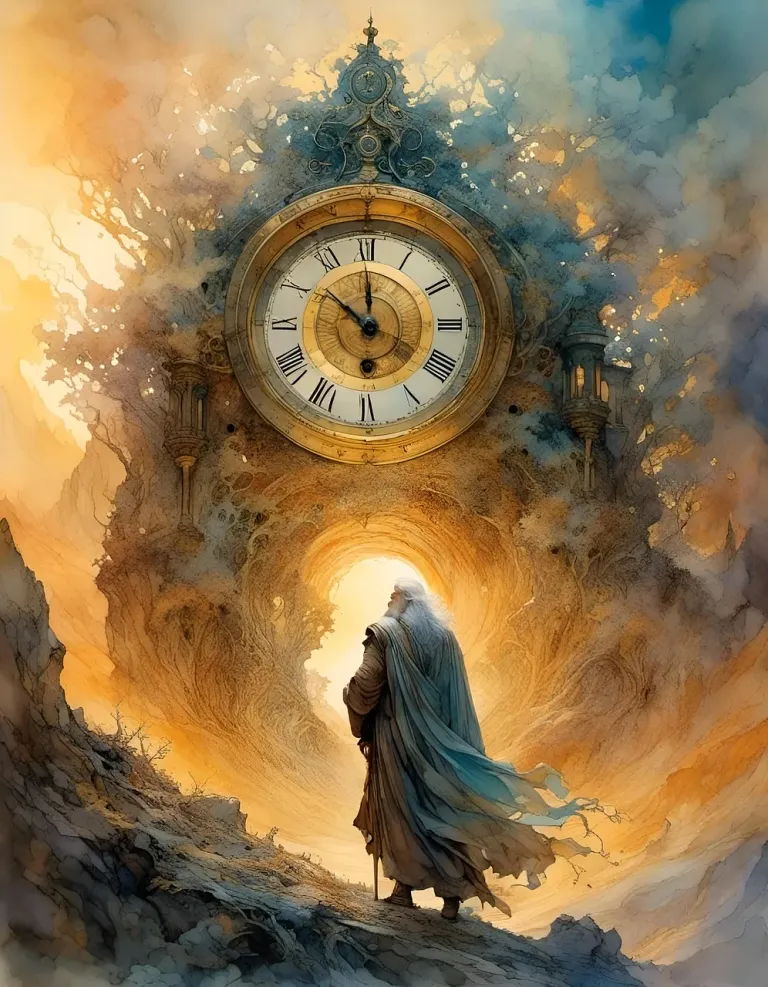The Anunnaki and the Hidden Battle for Earth
The Anunnaki and the Hidden Battle for Earth
Humanity has always stared up at the stars with a sense of longing. We’ve built myths, stories, and religions around gods descending from the heavens. What if those ancient tales weren’t just metaphors or religious dreams—what if they were memories? Whispers of a time when powerful beings from beyond this world walked among us?
The name Anunnaki appears in some of the oldest writings ever discovered, etched into the clay tablets of ancient Sumer over 6,000 years ago. These tablets describe the Anunnaki not as spiritual concepts, but as tangible beings—flesh and blood entities who came to Earth from the stars. They were not gods in the way we use the word today, but advanced extraterrestrials with technology far beyond the understanding of early humans, so that they may as well have been magic.
So why did these beings come here? According to many interpretations, including those popularized by the late researcher Zecharia Sitchin, the Anunnaki came to Earth in search of a resource: gold. Not for wealth, but for survival. Sitchin claimed they came from a distant, possibly dying planet called Nibiru—a member of our solar system that follows a long, elliptical orbit. The Anunnaki needed gold to stabilize their planet’s atmosphere, and Earth, rich in gold, became a vital target.
But digging for gold was labor-intensive, and the Anunnaki, it seems, did not come here to toil. At first, they forced a group of lesser beings known as the Igigi—a kind of worker class among the Anunnaki themselves—to carry out the brutal work of mining. These Igigi were said to have labored under harsh conditions until they rebelled, demanding freedom from the cruel tasks forced upon them. Their story is eerily familiar, one of servitude, exhaustion, and revolution.
To solve this uprising, the high Anunnaki council made a chilling decision: they would create a new race to take over the work. Using genetic manipulation, they combined their own DNA with that of the primitive hominids native to Earth. The result was a hybrid being—us. Humans. Created not for spiritual enlightenment or evolution, but to dig in the dirt, to serve, and to obey.
This story is reflected in many ancient cultures, from the Sumerians to the Babylonians, from the Egyptians to the Hebrews. In the Bible, the idea of man being shaped from clay and then brought to life by a god mirrors the ancient Mesopotamian myth of the Anunnaki creating humans. In the Book of Genesis, the "sons of God" come down and interbreed with the "daughters of man," producing a hybrid race called the Nephilim—echoing the Anunnaki narrative yet again.
And yet, despite the near-universal dismissal of these stories as myths, there are strange clues scattered throughout history that refuse to be ignored. Ancient structures like the pyramids of Egypt, the ziggurats of Mesopotamia, and the ruins of South America all exhibit a level of precision and astronomical knowledge that modern science struggles to explain. These sites are often aligned perfectly with constellations, solstices, and equinoxes, suggesting an awareness of the cosmos far beyond what should have been possible in the ancient world.
Then there are the out-of-place artifacts, mysterious items like the Baghdad Battery, the Antikythera mechanism, or depictions of flying machines carved into the walls of temples. There are even Sumerian cylinder seals that appear to show our solar system with all its planets, including ones modern astronomy didn’t identify until thousands of years later. How could this knowledge have existed so long ago unless it was given—or remembered?

The question that naturally follows is: Are the Anunnaki still here?
Some believe they never left. That after seeding the Earth with humanity and mining its resources, they established control over civilization and culture through more subtle means. They may not rule from thrones anymore, but from boardrooms, behind the scenes, as part of elite bloodlines or shadowy institutions. The system we live under—hierarchical, materialistic, exploitative—may be a continuation of the original Anunnaki structure. We are no longer digging gold in mines, but working jobs we don’t love, paying taxes to entities we never chose, and chasing currency that controls our time and energy. Some say this is modern slavery in a more sophisticated disguise.
It begs the question: Are we still just workers in someone else’s system?
And if so, who is really in charge?
Some theories suggest the Anunnaki are not alone. Many whistleblowers from military and intelligence backgrounds have come forward with testimonies that suggest multiple extraterrestrial races are operating on or around Earth. Some speak of a secret battle between opposing forces—one faction determined to keep humanity asleep and enslaved, and another fighting to awaken and liberate us.
This opposing race is often described as more spiritually evolved, often referred to as the Nordics, Pleiadians, or beings aligned with something called the Galactic Federation. These entities, according to those who claim to have had contact, want to help humanity evolve beyond servitude. They offer guidance through intuition, dreams, and subtle nudges of consciousness, trying to awaken us to our power.
The war, then, is not just technological—it’s spiritual. It’s a war for the soul of humanity.
And what about the Igigi, the first slaves who rebelled? Their story may hold a mirror to our potential. They refused to serve blindly. They questioned their masters. And it was their defiance that led to the creation of mankind. Ironically, we inherited their role, but perhaps we can also inherit their rebellious spirit.
Are we destined to remain as tools in someone else’s empire? Or are we, like Prometheus, meant to steal fire from the gods and awaken our true potential?
There’s an old saying: “The truth will set you free.” But freedom begins with questioning everything, even the origins of your species. Maybe the Anunnaki did create us, but that doesn’t mean they own us. If we were made with a mixture of their DNA, then perhaps we also carry their strengths, their intelligence, and—most importantly—their capacity to choose.
The choice we face now is whether to keep living in a system that was never designed for our freedom… or to finally rise and claim the destiny that was never supposed to be ours.
Posted by Waivio guest: @waivio_cosmicsecrets
